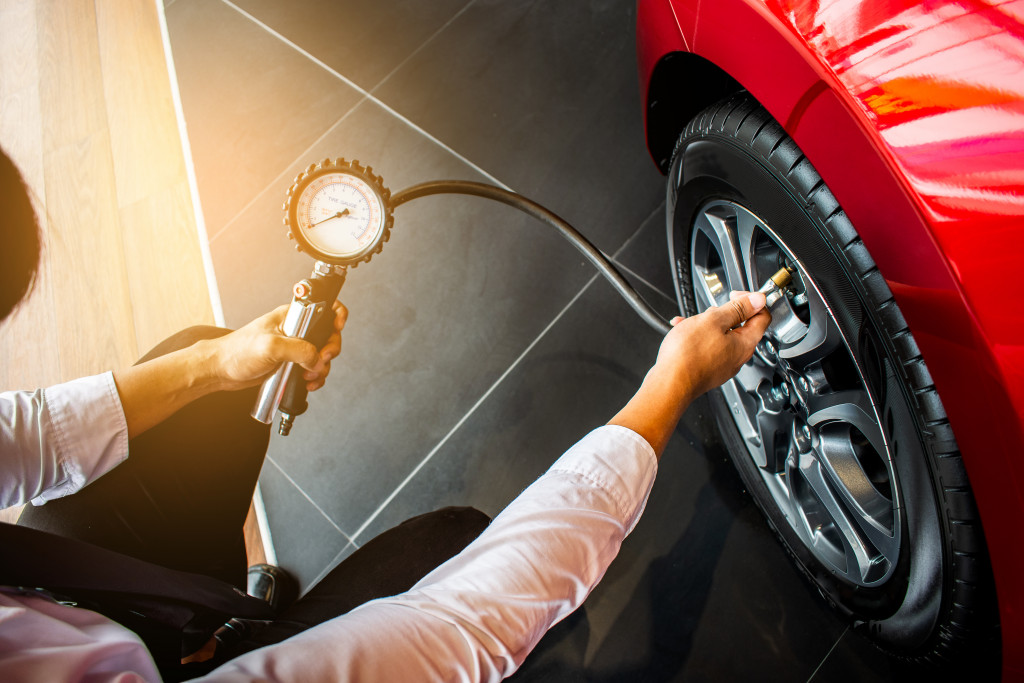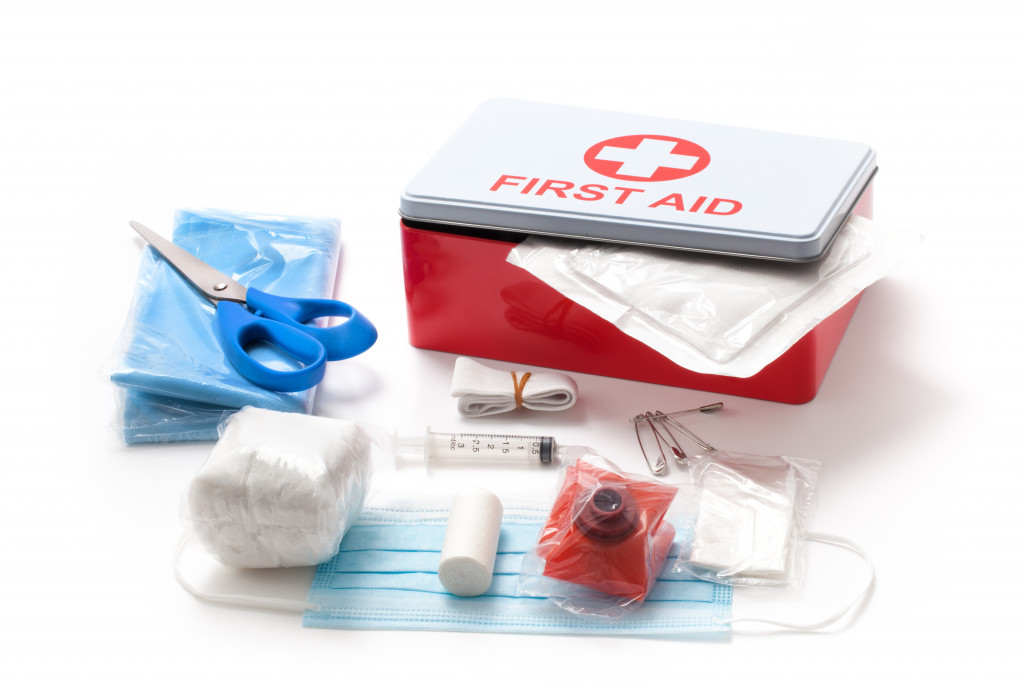Disclaimer: This website provides health information for educational purposes only and is not a substitute for professional medical advice, diagnosis, or treatment. Always seek the guidance of a qualified healthcare provider with any questions you may have.
- Check the condition of your tires, including tread depth and proper air pressure.
- Prepare a toolbox with essential parts and tools in case of an emergency.
- Pack emergency supplies such as jumper cables, flares, and a first-aid kit.
- Bring additional fuel and check the fuse box before leaving for the trip.
- Inspect fluid levels and hoses for potential leaks or cracks.
In its 2022 report, the U.S. Bureau of Economic Analysis revealed that outdoor recreation had a considerable impact on the nation’s economy in 2021. These activities accounted for 1.9 percent or $454 billion of current-dollar gross domestic product (GDP). At an individual state level, Hawaii saw the highest share at 4.8 percent, while New York and Connecticut achieved 1.3 percent. The District of Columbia followed closely with 0.9 percent.
If you plan to go camping in your vehicle, it’s important to ensure you have all the proper supplies. Your car or truck should also be prepared for the journey. Preparing properly will help ensure a successful and enjoyable camping trip. This blog post will discuss tips for preparing your vehicle for a camping trip.

Check Your Tires
Before heading out on a long road trip, it’s essential to check your vehicle’s tires. Make sure they are adequately inflated, and there are no signs of wear and tear that could lead to a tire blowout while you’re out on the road.
Tire Tread Depth
You should make sure to check the tread depth of each tire. You should make sure it does not reach 2/32″ deep. Once it reaches this depth, replacing the tires with newer ones is best. When assessing the depth of a tire in the United States, it is expressed as 32nds of an inch. A standard new tire usually features 10/32″ or 11/32″ tread depths. In contrast, some truck models and SUVs with winter tires tend to possess even deeper grooves than others.
Proper Air Pressure
If any tires need air, fill them with a recommended amount for your specific vehicle. Also, check for any visible signs of damage to the tires, like bulges or cuts in the sidewall. These can be signs of air leaking out and should be taken care of immediately.
Spare Tire
Finally, ensure your spare tire is in good condition and you have the necessary tools to change it. This includes a jack, wheel chocks, lug wrench, and any other equipment recommended by your vehicle’s manufacturer.

Pack Emergency Supplies
It’s always wise to pack emergency supplies in case of an unexpected breakdown or accident. You should include jumper cables, flares, a first-aid kit, flashlights with extra batteries, a fire extinguisher, tools, and basic auto repair items.
Toolbox
It also helps to have a toolbox with extra parts like spark plugs and fuel filters. You may also want to consider bringing a spare tire just in case one of your tires goes flat while out on the road. Make sure to bring along a blanket and water in case of an emergency. Being prepared for any situation can help protect you and your loved ones when out on the road.
Additional Fuel
In addition to a full tank of gas, you should also bring extra in case you run out of fuel. In this situation, you should consider getting durable auxiliary diesel fuel tanks. The tanks will ensure you’ll have enough fuel to reach your destination and return home. You should make sure the tanks are durable and can survive the trip through rough terrain.
Fuse Box Checkup
It’s also important to check your fuse box before leaving for your camping trip. Ensure no loose connections can cause electrical problems or even start fires during your travels. Some other items that should be checked before leaving are the brake lights, headlights, and turn signals. Checking these items ensures they work properly when driving at night or in poor weather conditions.
Check Fluid Levels
It’s also essential to check fluid levels, such as engine oil and transmission fluids, so they don’t run dry during the trip. This is especially important if you plan on doing any off-roading during your vacation since these fluids can easily become contaminated with dirt or debris while driving through rough terrain. Finally, inspect all hoses and belts under the hood of your vehicle for any potential leaks or cracks that could lead to further damage if left unchecked.
Taking the time to properly prepare your car or truck before going on a camping trip can save you from inconveniences due to mechanical issues or accidents along the way. By taking care of these small details now, you can ensure you’ll have an enjoyable time without any unnecessary worries during your getaway! So follow these tips for preparing your vehicle for a camping trip, and be ready for whatever comes next!




